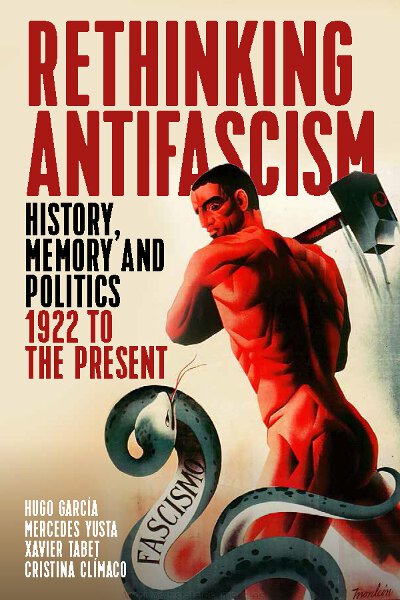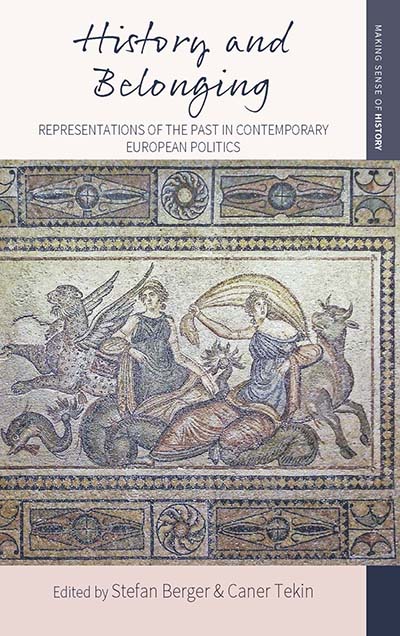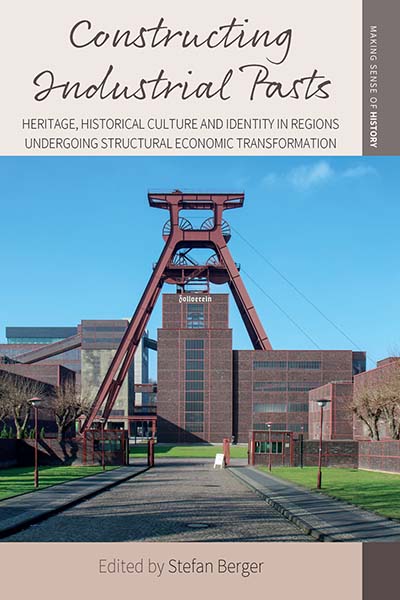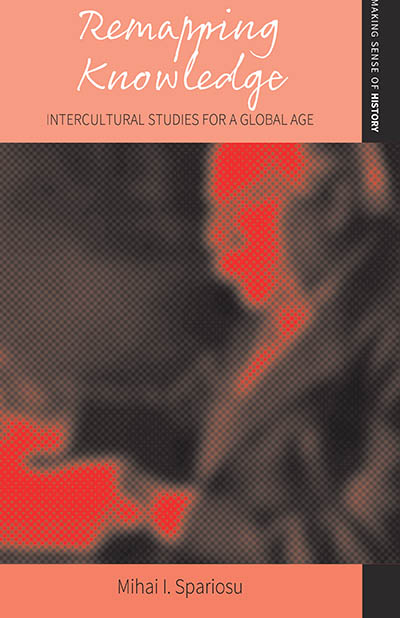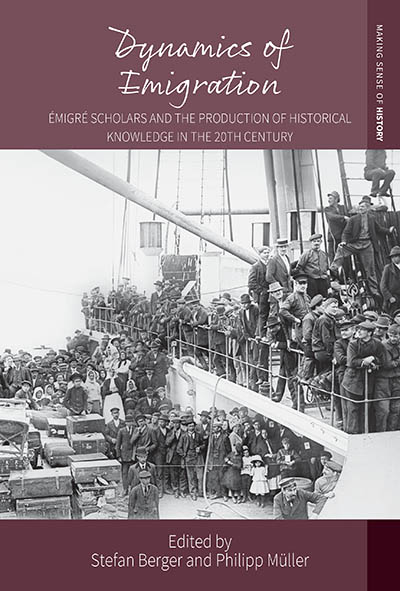
Series
Volume 43
Making Sense of History
See Related
History JournalsEmail Newsletters
Sign up for our email newsletters to get customized updates on new Berghahn publications.
Dynamics of Emigration
Émigré Scholars and the Production of Historical Knowledge in the 20th Century
Edited by Stefan Berger and Philipp Müller
308 pages, bibliog., index
ISBN 978-1-80073-609-2 $135.00/£104.00 / Hb / Published (August 2022)
eISBN 978-1-83695-723-2 eBook
Reviews
“Dynamics of Emigration is an excellent volume that consolidates an emerging European historiography that is probably unfamiliar to many interested readers in the English language. The contributions address the problem from an admirable range of questions: more traditional intellectual history, the “persona” adopted by exiles in their adopted countries, their contributions to the intellectual situations there, the question of whether they became integrated in their new intellectual environments, the question of gender for exiles, and more.” • Benjamin Tromly, University of Puget Sound
Description
As a pioneering volume to consider the impact of exile on historical scholarship in the twentieth century in a systematic and global way, looking at Europe, North America, South America and Asia, Dynamics of Emigration asks about epistemic repercussions on the experience of exile and exiles. Analyzing both the impact that exile scholars had on their host societies and on the societies they had to leave, the volume investigates exiles’ pathways to integration into new host societies and the many difficulties they face establishing themselves in new surroundings. Focusing on the age of extremes and the realms of exile from fascist and right-wing dictatorships as well as communist regimes, the contributions look at the reasons scholars have for going into exile while providing side-by-side examination of the support organizations and paths for success involved with living in exile.
Stefan Berger is Professor of Social History and Director of the Institute for Social Movements at Ruhr-Universität Bochum in Germany. He is also Executive Chair of the Foundation History of the Ruhr and an Honorary Professor at Cardiff University in the UK. Before 2011 he had full chairs of History at the Universities of Manchester (2005 – 2011) and University of Glamorgan (2000 – 2005).
Philipp Müller teaches in Modern and Contemporary History at Georg-August-Universität Göttingen. He obtained his Ph.D. from the European University Institute in Florence with a study on the dramatisation of crime in Imperial Berlin. In recent years, he explored the history of archives and the history of historical knowledge in the 19th century. Results are published in the monograph 'Geschichte machen. Historisches Forschen und die Politik der Archive' (2019). A further monograph about the research practice of the renowned historian Johann Gustav Droysen will be published in 2022.
Subject: History: 20th Century to PresentRefugee and Migration Studies
Contents
Download ToC (PDF)

